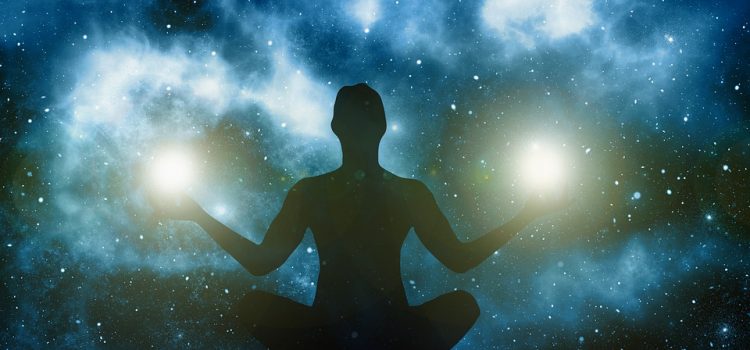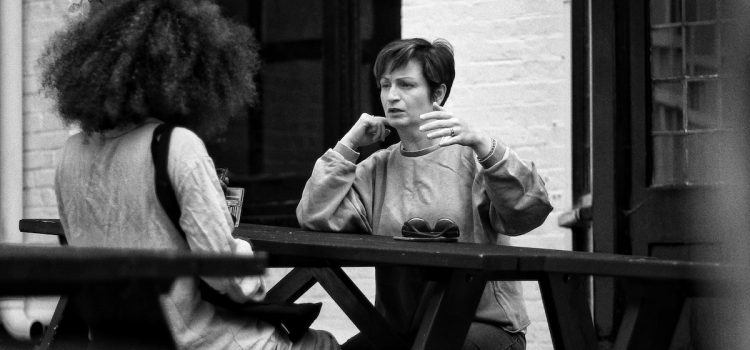How are karma and reincarnation linked? What does karma have to do with past lives? Karma and reincarnation are related because karma influences how we are reincarnated, and because of reincarnation, we inherit karma from past lives. Understanding the tie between these two concepts can deepen your understanding of karma whether or not you believe in reincarnation. Continue reading for more on the relationship between karma and reincarnation.
Karma and Reincarnation: Fueling the Energy Body










